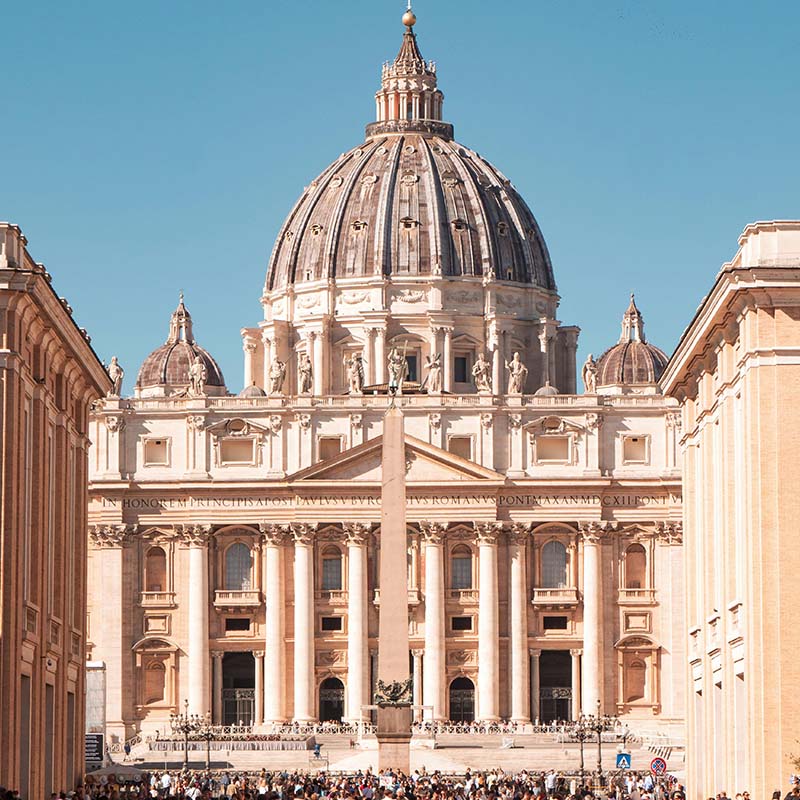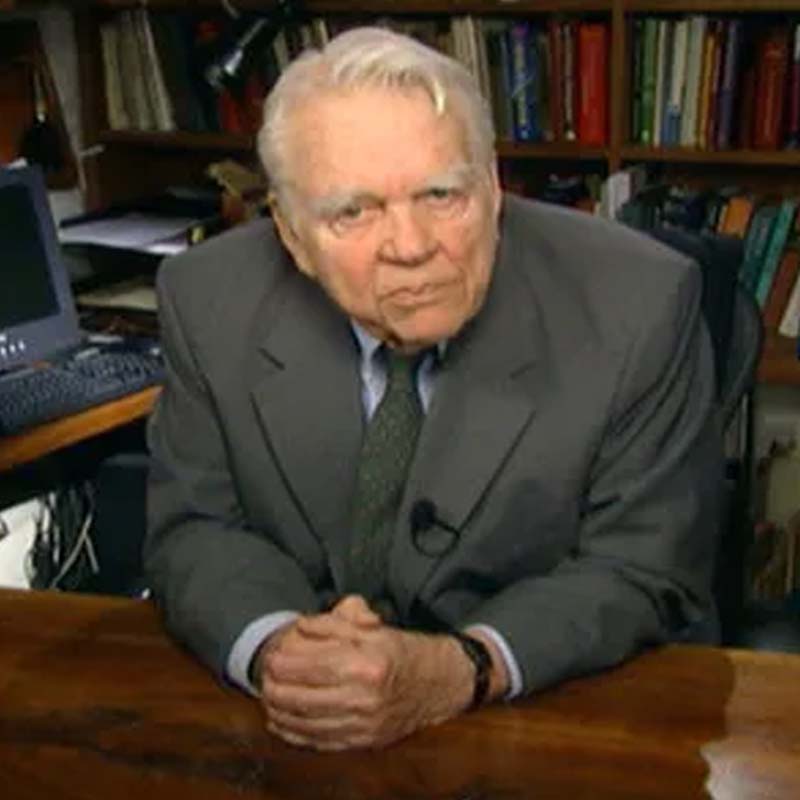
“And forgive us the wrong we have done, as we forgive those who have wronged us (New American Bible).” “And forgive us our debts, as we forgive our debtors (New Revised Standard Version).” “And forgive us our trespasses, as we forgive those who trespass against us (Original Revised Standard Version).”
Each translation seems to give us a view from a slightly different angle. The first one focuses on the sins we’ve committed against God, and the sins others have committed against us. Violations of God’s commandments. The second one emphasizes the repentance we owe to God, and the repentance owed to us by others. A kind of spiritual accounting. The third one highlights the boundaries we have crossed in our offenses against God, and the boundaries others have crossed in offending us. Entering places where we don’t belong.
But in all cases, we are asking God’s mercy for ourselves, while showing mercy to others. This is where the rubber meets the road for every disciple of Jesus Christ. Jesus called us to be perfect as his heavenly Father is perfect (Mt. 5:48). The Greek word for perfect here is teleios, meaning complete or fully mature. One manifestation of being a mature son or daughter of the Father is to offer forgiveness to others in the same way that God has offered it to us. This is where the path to following Jesus calls for a very steep climb up the mountain. An arduous, demanding, step by step climb.
Remember when Peter asked Jesus how many times he must forgive his brother (Mt. 18:21ff.)? After using symbolic numbers to indicate that there is no limit to forgiveness, Jesus told the parable of the King who settled accounts with his officials. Shortly after being forgiven a huge debt by the King, the same official had a fellow servant imprisoned who owed him a mere fraction of what he himself had owed, until he could be fully repaid.
Divine mercy versus human mercy. Unconditional versus conditional. Unlimited versus limited. The mercy of God is truly a mystery. We have no category for it because it stands in utter defiance of our puny human logic and understanding.
To the Infinite and Beyond
When Jesus teaches us to pray this way, he knows that it is calling us to produce the primary evidence that we are children of a heavenly Father. For no human being of his own accord could conceive of forgiving those who have hurt, wounded, and damaged us with no thought of limits.
But that’s not even the whole of it. God’s mercy stands ready to forgive before we are ready to repent. “It is precisely in this that God proves his love for us: that while we were still sinners, Christ died for us (Rom. 5:8).” This is portrayed so poignantly in the scene from another parable where the Father goes out to meet his wayward son with open arms. While the son begins his prepared speech of remorse, the father, paying no attention, turns to his household servants and orders a celebration(Lk. 15:20-24).
Still more. Jesus’ embodiment of mercy didn’t stop even at forgiving his torturers and executioners, but extended to become their advocate. “Father, forgive them; they do not know what they are doing (Lk. 23:34).”
To show ourselves to be members of God’s family, we must forgive without limits or conditions, forgive before our offenders repent, and manifest our forgiveness in advocating for their good. For humans, impossible. But for God, all things are possible.
The Final Frontier
Jesus’ lesson on prayer ends with a seemingly confusing petition: “and lead us not into temptation, but deliver us from evil (Revised Standard Version).” Surely God cannot lead us into temptation. What meaning then?
Various English translations of the Bible were produced in the 16th century. But keep in mind that translators have to exercise judgment and interpretation in the process. As noted earlier, the New Revised Standard Version renders it: “And do not bring us to the time of trial.” The New American Bible says: “Subject us not to the trial.”
Then there are translations from other languages. In French, “do not let us enter into temptation.” In Spanish, “do not let us fall into temptation.” In Italian, “do not abandon us in temptation.” In Greek, “do not let us yield to temptation.” I know. These are translations of translations of translations. But bear with me.
Let us return to the Master who is teaching us this prayer. When he himself was tempted during his time of prayer and fasting in the desert (Lk. 4:1-13, Mk.2:12-13, Mt. 4:1-11), he resisted the devil with the Word of God and was ministered to by angels. He showed us that temptation from the evil one will surely test our faith, but that God will not abandon us when we turn to him for his word, his truth, and his grace.
This final petition, then, is asking God not to leave us to our own efforts, but to grant us the grace to resist and renounce the lies of Satan.
Now It’s Getting Personal
Considering these reflections, when I try to make the Lord’s Prayer my own, it sounds something like this.
O God, you alone are holy, totally other than us; and yet you let us call you Dad and allow us to enter the embrace between you and Jesus, which is the Holy Spirit.
May your kingdom be present in me today, not my kingdom. And may I manifest your kingdom to all I meet.
May I accomplish your will today, not my will. I want Jesus to live his life through me.
Give me food for both body and spirit for the journey today, sustenance for the pilgrimage home. I want what you want to give me – nothing more, and nothing less – because I know that you always provide in abundance, and your provision is always sufficient.
I rely on your mercy for my many sins, especially my many unknown sins, the ones hidden in my blind spot of pride.
And I freely release anyone who has wounded me, damaged my reputation, harmed those I love, attacked me, or wronged me in any way. They owe me no apology, repentance, or restitution. In fact, I owe them the debt of love.
And may I turn to you quickly in times of temptation, testing, and trial so that you may free me from the snares of the Enemy and snatch me from his grasp.
For the kingdom and power and glory are yours now and forever. Amen.
















